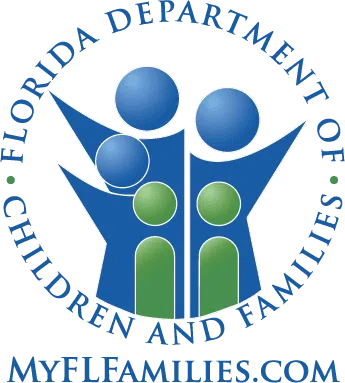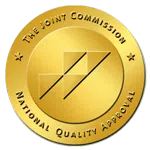
Understanding co-occurring disorders is necessary for the recovery journey of many individuals.
Dual diagnosis, also known as co-occurring disorders, occurs when someone simultaneously faces both substance addiction and a mental health disorder.
The complex exchange between substance addiction and mental health conditions can create a detrimental cycle with severe consequences.
It stresses the significance of adopting a comprehensive approach to treatment.
Keep reading to explore the intertwined challenges of these issues and why dual diagnosis treatment is vital for addiction treatment and recovery!
What are Co-occurring Disorders?
Co-occurring disorders happen when people go through mental health challenges like depression, anxiety disorders, bipolar disorder, or PTSD while also dealing with substance abuse.
The substances involved can vary from alcohol to drugs like cocaine, heroin, or prescription medications such as benzodiazepines.
Co-occurring Disorder Statistics
According to recent addiction statistics, around 8 million adults in the US faced the daunting task of managing both mental illness and substance use disorder in 2021.
This means that more than 7 percent of our population is affected by dual-diagnosis conditions.
It’s worth noting that approximately 2.7 million individuals sought addiction treatment, accounting for 35 percent of those who required assistance with co-occurring disorders.
Dual Challenges: Mental Health Disorders and Substance Abuse – Amplifying Effects
This condition poses a specific challenge as mental health disorders and substance abuse symptoms tend to worsen each other.
For instance, someone struggling with depression might turn to alcohol or drugs as a way to self-medicate, but unfortunately, they soon learn that these substances worsen their depressive symptoms over time.
Likewise, individuals dealing with anxiety often resort to substances in search of relief, which exacerbates their anxiety levels, creating a never-ending cycle.
The Impact of Co-occurring Disorders
Understanding co-occurring disorders means recognizing how deeply they affect a person’s life. They have a wide-ranging impact, including:
- Physical health problems like alcohol poisoning, organ damage, and addiction
- Interpersonal issues like strained relationships with friends and family
- Reduced job performance or difficulty holding down a job
- Financial difficulties from overspending on substances
People who experience co-occurring disorders may deal with feelings of isolation, financial difficulties, and a significant decline in their overall quality of life.
Risk Factors for Co-Occurring Disorders
Risk factors for co-occurring disorders, such as
- A family history of substance abuse or mental health issues
- Early exposure to substance use
- Past traumatic events, such as childhood abuse
- Living in an environment with easy access to substances
- The presence of other mental health disorders, like depression and anxiety
It is worth noting that not everyone who experiences a risk factor will develop co-occurring disorders.
By understanding these risks, individuals can better identify warning signs and seek prompt treatment.
Detecting these disorders early on helps prevent disruptions to daily life and reduces the risk of more severe health problems.
Treatment Options for Co-occurring Disorders
Addressing co-occurring disorders necessitates a comprehensive approach considering various factors and individual needs.
Dual diagnosis therapy is an approach that addresses substance addiction and mental health issues together, recognizing how they are interconnected.
Typically treatment plans include a combination of medication, therapy, and support groups to offer comprehensive care.
Prevail Recovery Center: Comprehensive Co-Occurring Disorder Treatment in South Florida
We provide comprehensive co-occurring disorder treatment at the Prevail Recovery Center in South Florida.
Our approach encompasses a wide range of therapies, including but not limited to:
- Art Therapy
- Yoga Therapy
- Music Therapy
- Anger management
- Cognitive Behavioral Therapy (CBT)
- Motivational Interviewing (MI)
- Relapse Prevention
Seek Help for Co-occurring Addiction and Mental Health Disorders at Prevail Recovery Center
Recovery can be challenging, but it’s essential to know that help is available.
Taking that first step to understand co-occurring disorders is crucial in getting the support you need.
If you or someone you care about is facing these challenges, contact our reliable outpatient rehab center, Prevail Recovery Center.
Our compassionate team of addiction experts will support you on your journey to recovery, providing hope during the challenges of co-occurring addiction and mental health disorders.
Remember, there’s always time to seek assistance and begin a new chapter in your life!





Comments are closed.